Nothing feels better than slipping into crisp cotton sheets at the end of a long day. But choosing those sheets can leave you with a headache. How do you find the perfect bedding for you? Is it worth spending more on expensive bed sheets? What is Egyptian cotton and why does everyone bang on about it, anyway?
Here’s everything you need to know:
Why Egyptian Cotton bedding?
Egyptian cotton has long been considered the king (or the Pharaoh) of the bedding industry, but what you probably didn’t know is that those thick, high thread-count Egyptian cotton sheets you crave are massively overrated. There are better, and more affordable, alternatives.
Buying bed sheets with an Egyptian cotton label doesn’t guarantee high quality. All it really means is that the cotton they were made with was grown in Egypt. Historically, Egyptian cotton was prized for its thickness and durability but, sadly, modern Egyptian cotton simply doesn’t guarantee these same standards.
The Decline of Egyptian Cotton
The reality is that there are around 10 varieties of cotton farmed in Egypt and not all of this cotton is of the high quality you would expect. The Egyptian cotton industry is in decline, thanks to the steady drop of the global price for cotton in the last decade, and the Egyptian government’s decision to remove subsidies for native cotton farmers. According to the US Department of Agriculture, Egypt produced just 395,000 bales of cotton in 2017, down from nearly 940,000 bales in 2005.
Marketing Myth
Because of its scarcity, many manufacturers are choosing to cheat when making their Egyptian cotton products, meaning that the sheets you buy might not actually have ever been near the Nile at all.
A recent, high-profile, American investigation found that several large Egyptian cotton manufacturers had been passing off textiles produced elsewhere in the world as Egyptian for years. Until the investigation began, several huge American brands simply had no idea where their cotton was really coming from. What this case demonstrates is that it is massively difficult to monitor and verify a supply chain that stretches around the world, and that thinking a product is superior doesn’t necessarily mean that it is. Identifying high quality cotton involves more than just knowing what country it was made in.
bedable has you covered.
When choosing the cotton of our products, first we look at is quality: how soft, thick and strong it feels. And it may surprise you to know that, Egyptian cotton isn’t always our first choice. High-quality Egyptian cotton is very scarce and that means that it is very expensive. When it comes to cost versus quality, there are certainly better options to choose.
If you’re looking for top quality sheets at fair prices, bedable has got you covered. Hand picked for their quality and style, these are sheets you’ll be delighted to slip into, night after night.

Better Sheets, Better Sleep
bedable sheets are made from 100% Cotton.
Cotton absorbs perspiration and regulates
the body temperature for uninterrupted sleep.
People Also Asked
Is Egyptian Cotton worth it?
Egyptian Cotton is often worth the investment due to its superior quality and durability. Known for its extra-long staple fibres, Egyptian Cotton produces softer, stronger, and more lustrous fabrics that improve with each wash. While pricier, its longevity and luxurious feel make it a worthwhile choice for those seeking premium bedding.
Is 100% cotton as good as Egyptian Cotton?
While 100% cotton is a quality material, it's generally not considered as good as Egyptian Cotton. Egyptian Cotton's longer fibres result in smoother, stronger threads, creating a more luxurious and durable fabric. Standard cotton, though comfortable, typically has shorter fibres that may lead to a rougher texture and less longevity compared to Egyptian Cotton.
Why is Egyptian Cotton so popular?
Egyptian Cotton's popularity stems from its exceptional quality and unique characteristics. Its extra-long staple fibres produce yarns that are both fine and strong, resulting in fabrics that are incredibly soft, durable, and breathable. The cotton's ability to absorb dye exceptionally well also contributes to its vibrant, long-lasting colours, making it a favourite in luxury bedding and clothing.
What's better than Egyptian Cotton?
While Egyptian Cotton is highly regarded, some consider Pima cotton or its trademarked name, Supima, to be superior. Pima cotton shares similar characteristics with Egyptian Cotton, boasting extra-long staple fibres. Another contender is Sea Island cotton, known for its rarity and extreme softness. These alternatives offer comparable or even superior quality in terms of softness, durability, and lustre.
Is 100% Egyptian cotton expensive?
Yes, 100% Egyptian Cotton is generally expensive compared to standard cotton products. Its higher price reflects the cotton's superior quality, the labour-intensive harvesting process, and its relative scarcity. The extra-long staple fibres require more careful handling and processing, contributing to the increased cost. However, many consider it a worthwhile investment due to its durability and luxurious feel.
What is better, Turkish or Egyptian cotton?
Both Turkish and Egyptian cotton are high-quality materials, but they have different characteristics. Egyptian Cotton is known for its extra-long staple fibres, producing extremely soft and durable fabrics. Turkish cotton, while also long-staple, is prized for its quick-drying properties and becoming softer with each wash. The choice between the two often comes down to personal preference and specific needs.
Is Egyptian cotton better than Indian cotton?
Egyptian Cotton is generally considered superior to Indian cotton due to its longer staple length. This characteristic results in softer, stronger, and more lustrous fabrics. However, high-quality Indian cotton, particularly long-staple varieties, can also produce excellent textiles. The distinction often lies in the specific type and quality of cotton rather than just the country of origin.
What is equivalent to Egyptian cotton?
The closest equivalent to Egyptian Cotton is Pima cotton, also known by its trademarked name, Supima. Like Egyptian Cotton, Pima is an extra-long staple cotton that produces soft, strong, and lustrous fabrics. Another comparable option is Sea Island cotton, which is even rarer and often considered more luxurious. These cottons share similar characteristics in terms of fibre length, softness, and durability.
How can you tell if Egyptian cotton is real?
Identifying genuine Egyptian Cotton can be challenging, but there are some indicators. Look for the Egyptian Cotton™ trademark or certification from the Cotton Egypt Association. Genuine Egyptian Cotton should feel incredibly soft and have a slight sheen. Be wary of unusually low prices, as authentic Egyptian Cotton commands a premium. The most reliable method is to purchase from reputable retailers who can provide authentication of their Egyptian Cotton products.
Is Giza cotton better than Egyptian Cotton?
Giza cotton is not better than Egyptian Cotton; rather, it's a specific type of Egyptian Cotton. Giza cotton refers to cotton grown in the Giza region of Egypt and is considered among the finest Egyptian Cotton varieties. It's known for its exceptional length, strength, and fineness. All Giza cotton is Egyptian Cotton, but not all Egyptian Cotton is Giza cotton.
Does Egyptian Cotton feel like silk?
While Egyptian Cotton doesn't feel exactly like silk, it does have a luxuriously smooth and soft texture that's often compared to silk. Egyptian Cotton's long fibres create a fabric that's incredibly soft to the touch and develops a subtle sheen over time. It offers a unique combination of softness, breathability, and durability that many find superior to silk for bedding and clothing.
Is 1000 thread count Egyptian Cotton good?
A 1000 thread count Egyptian Cotton product can be excellent, but thread count alone doesn't guarantee quality. Extremely high thread counts can sometimes indicate the use of multi-ply yarns, which may not necessarily improve quality. For Egyptian Cotton, a thread count between 400-700 is often considered ideal, balancing softness, durability, and breathability. The quality of the cotton fibres and the weave are equally important factors to consider.
What is the most expensive cotton in the world?
The most expensive cotton in the world is typically considered to be Sea Island cotton. This rare, extra-long staple cotton is grown in limited quantities in the West Indies, particularly Barbados. Known for its exceptional softness, silky lustre, and extreme durability, Sea Island cotton commands premium prices due to its scarcity and superior qualities. It's often used in luxury clothing and high-end bedding.
What are the most luxurious sheets?
The most luxurious sheets are often made from premium materials like Egyptian Cotton, Pima cotton, or Sea Island cotton. High-end silk sheets, particularly those made from mulberry silk, are also considered extremely luxurious. For the ultimate in opulence, some prefer sheets made from rare fibres like vicuña wool or cashmere. The most luxurious sheets combine superior materials with expert craftsmanship, often featuring high thread counts and meticulous attention to detail.



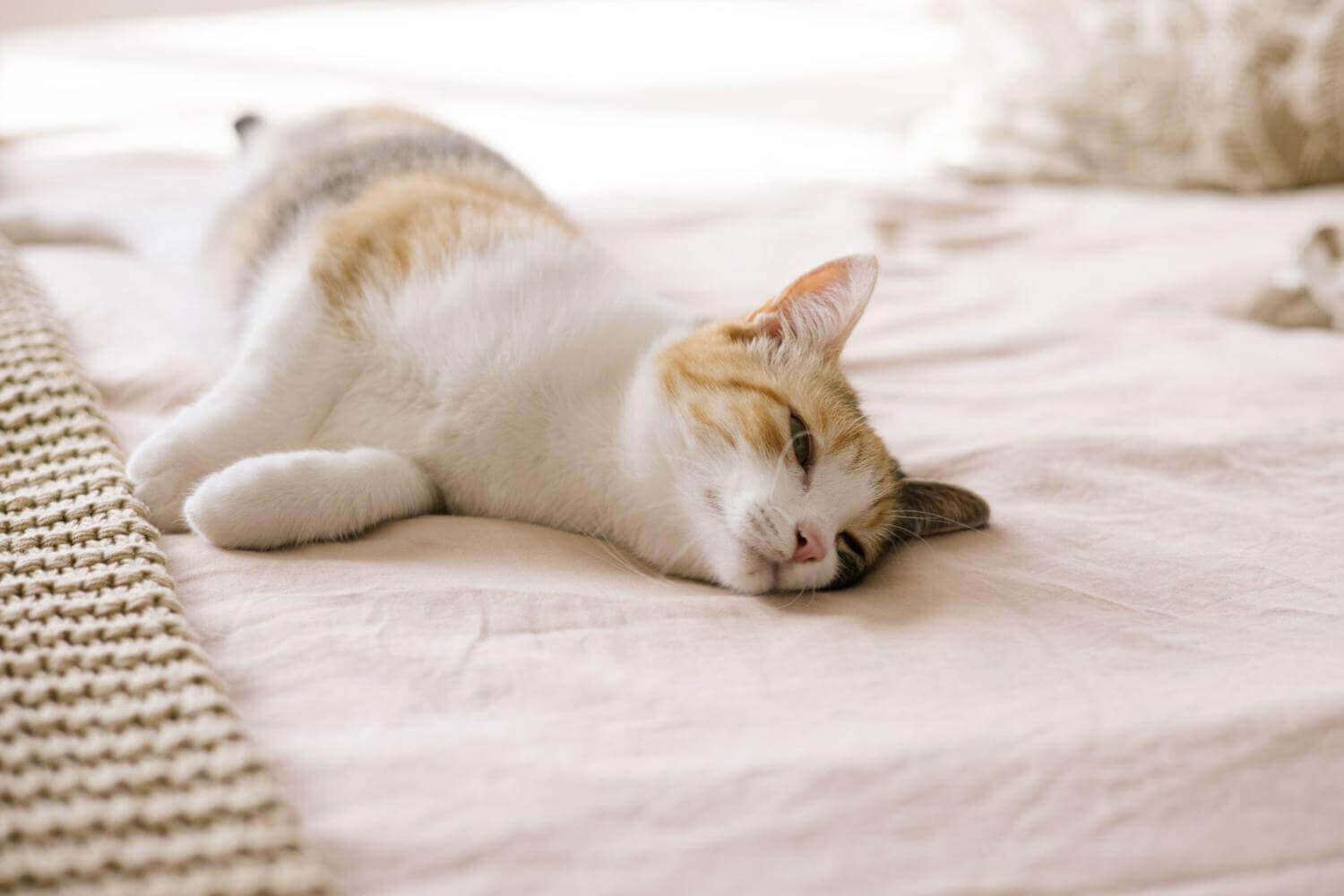
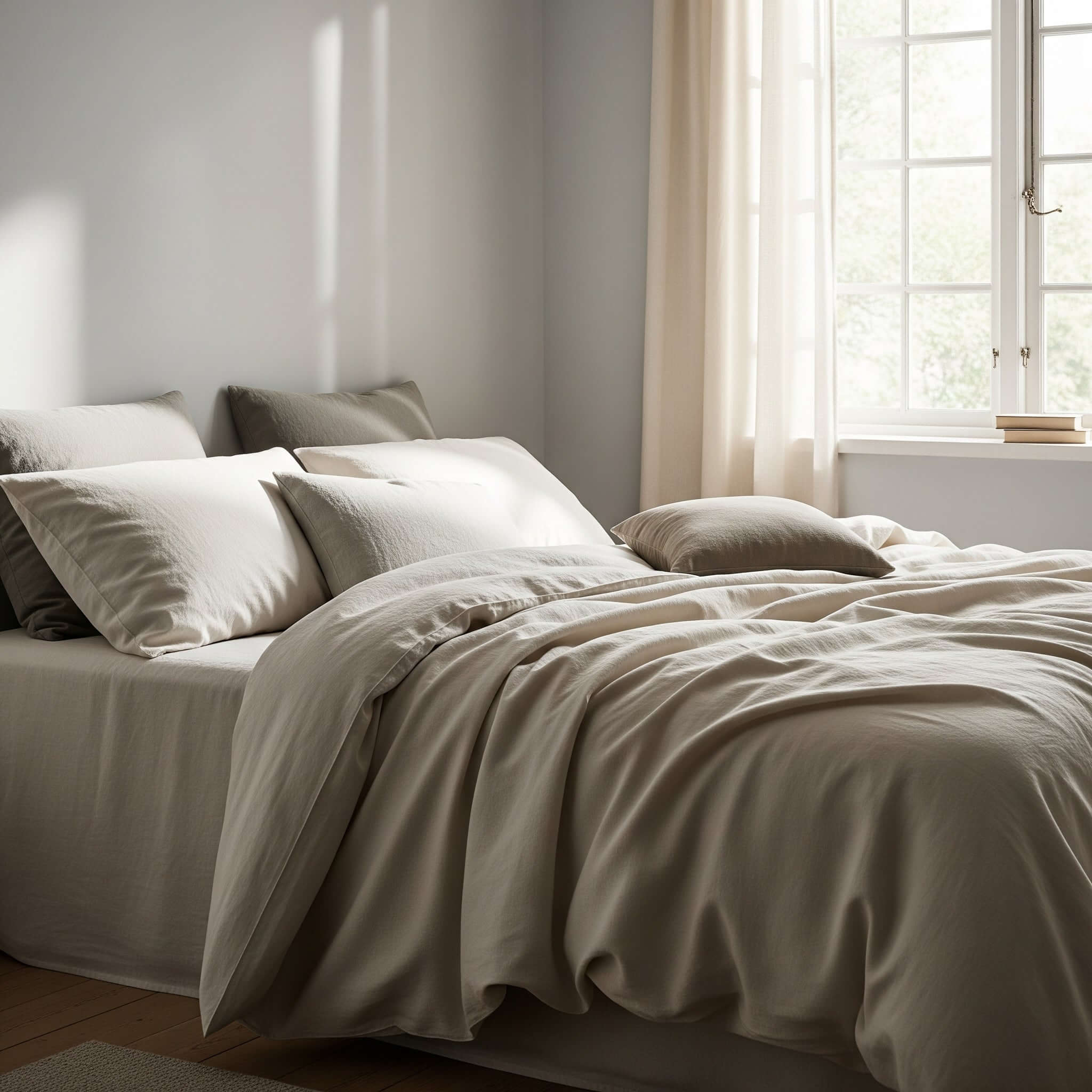
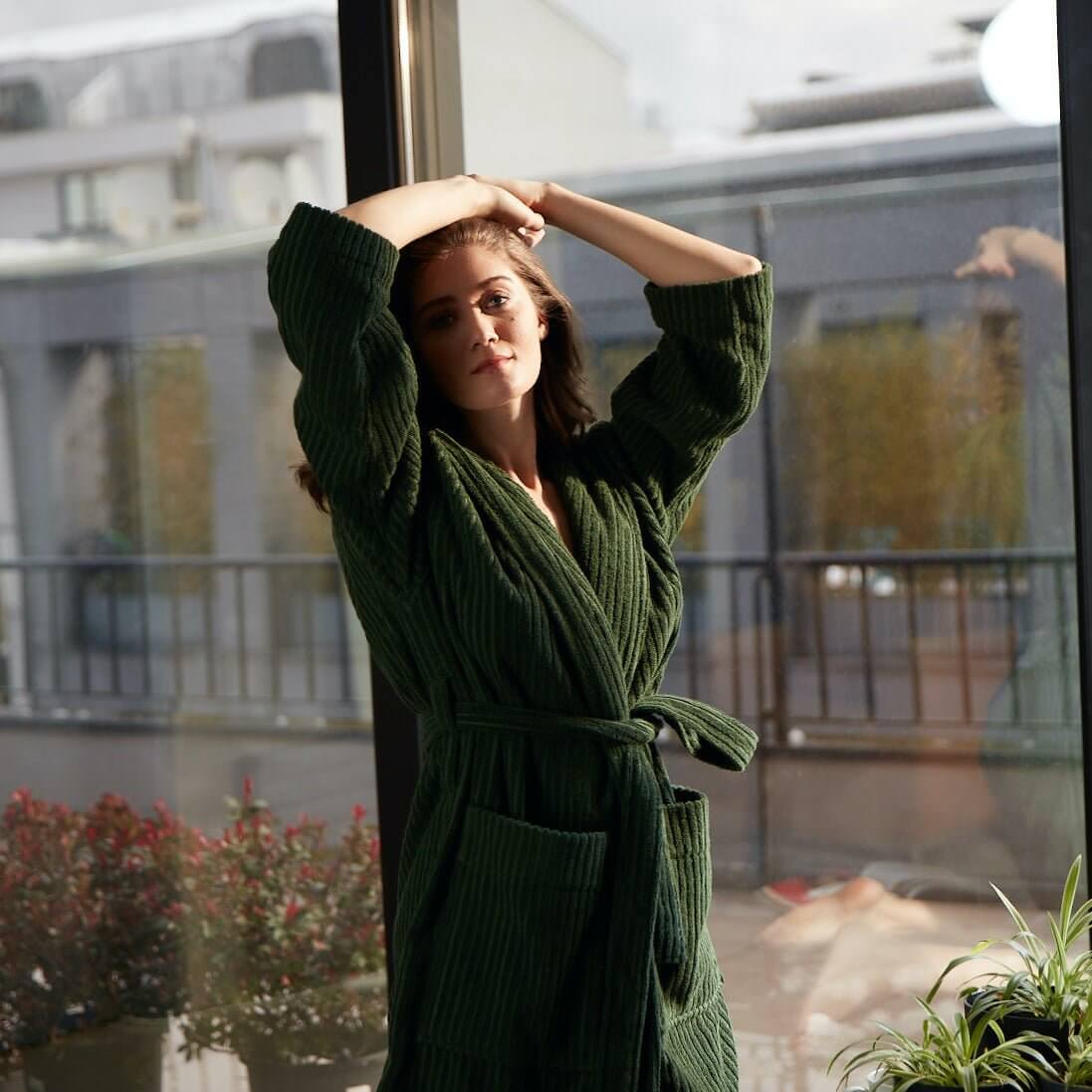
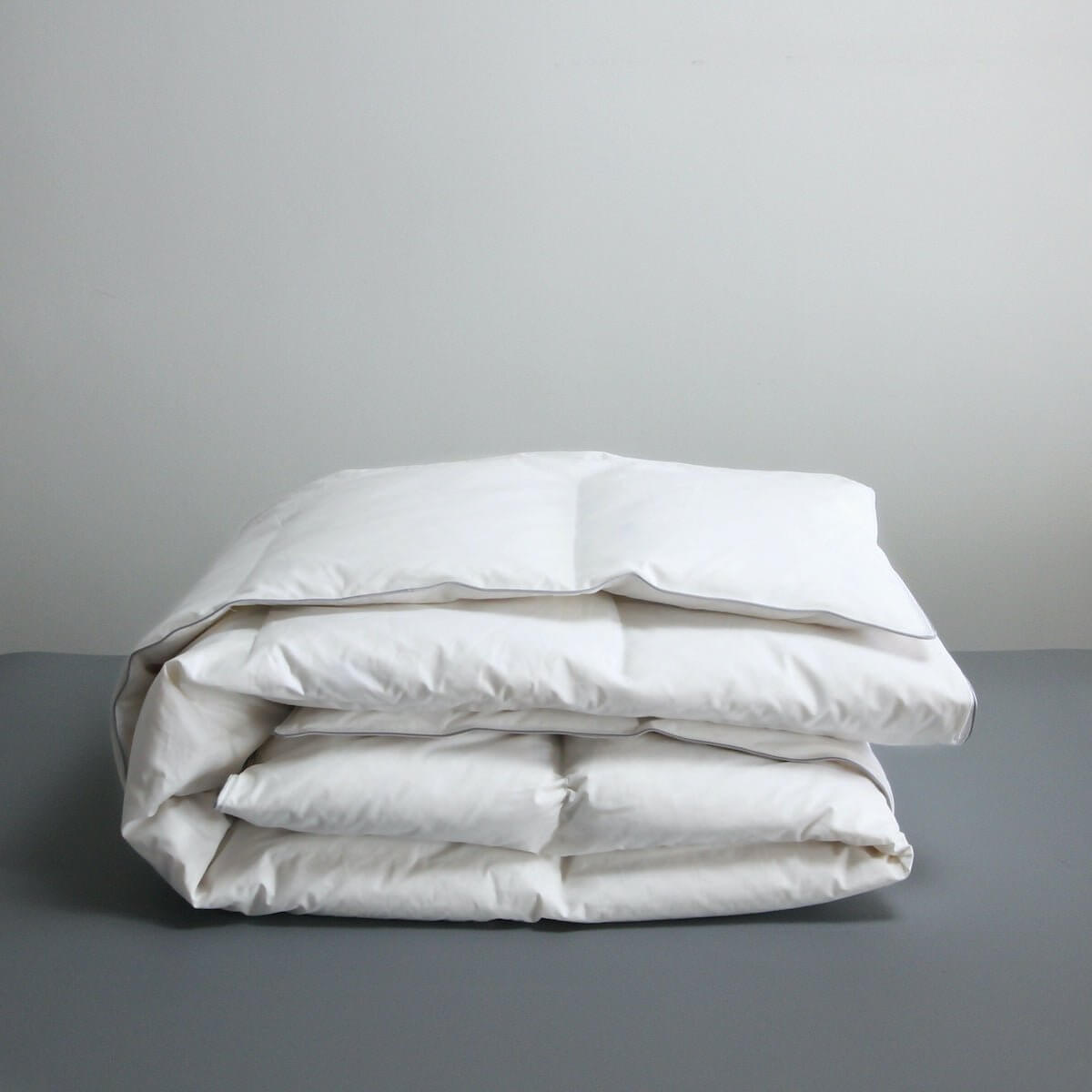
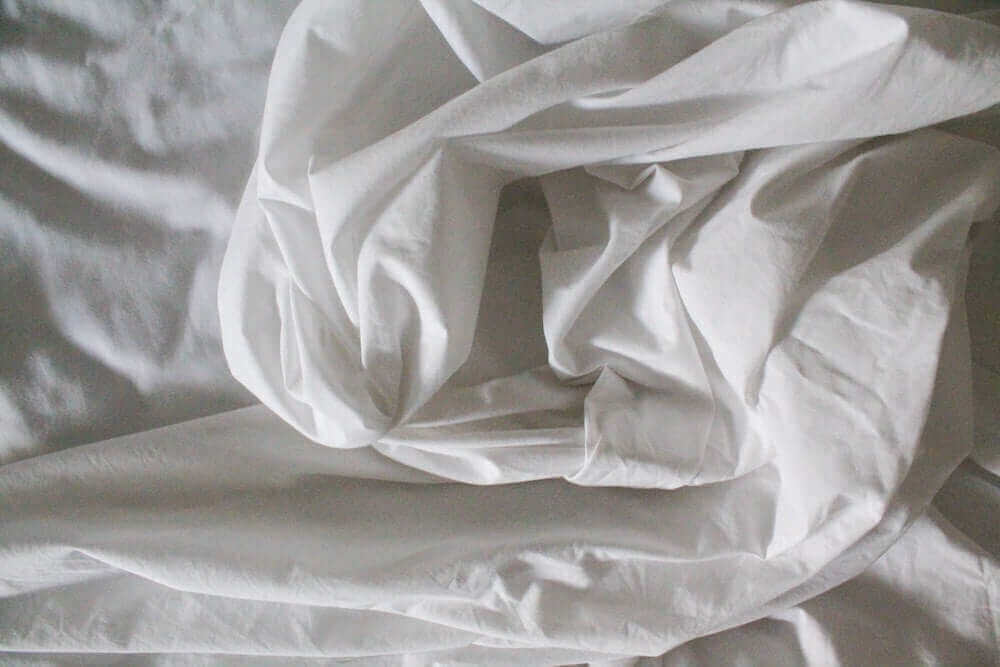
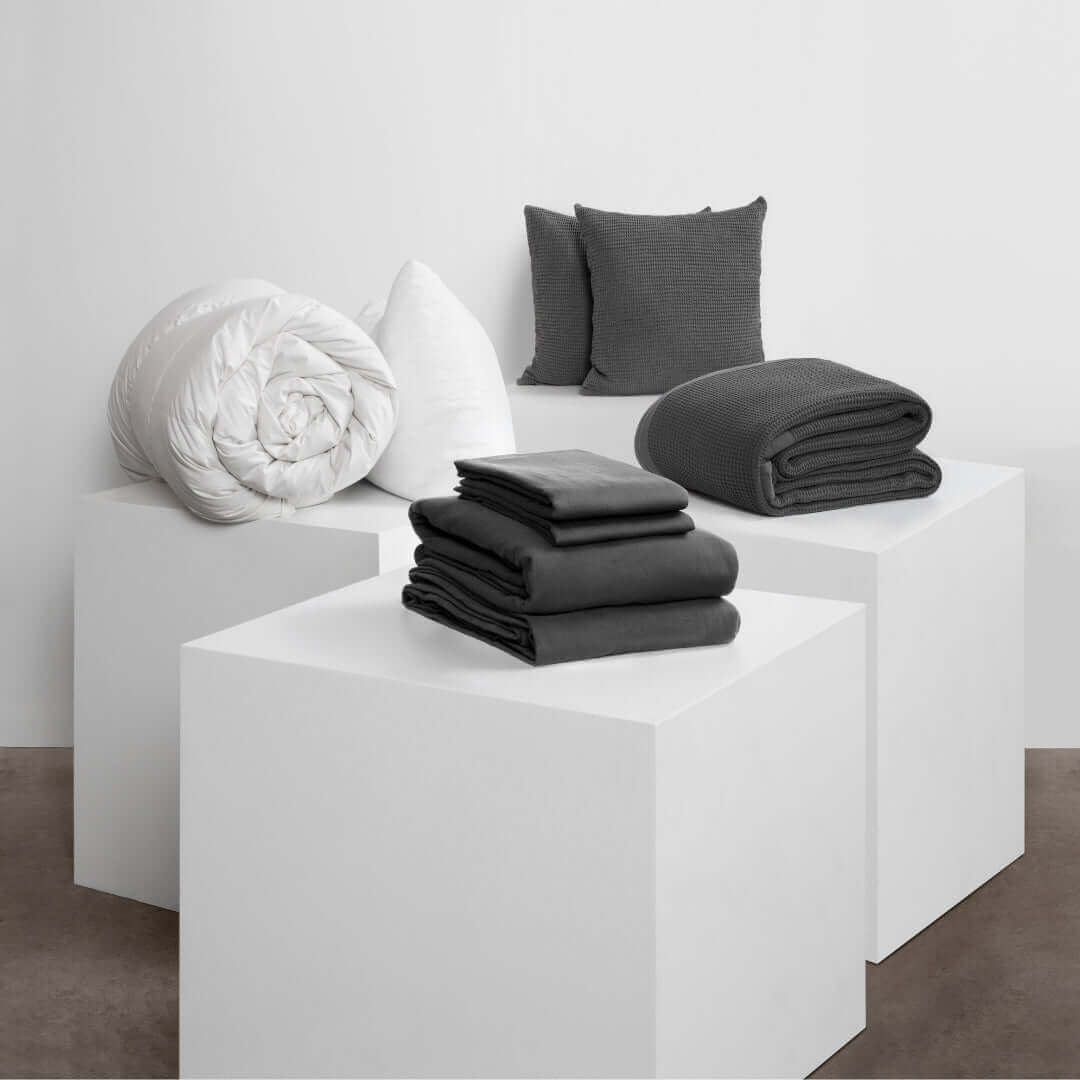
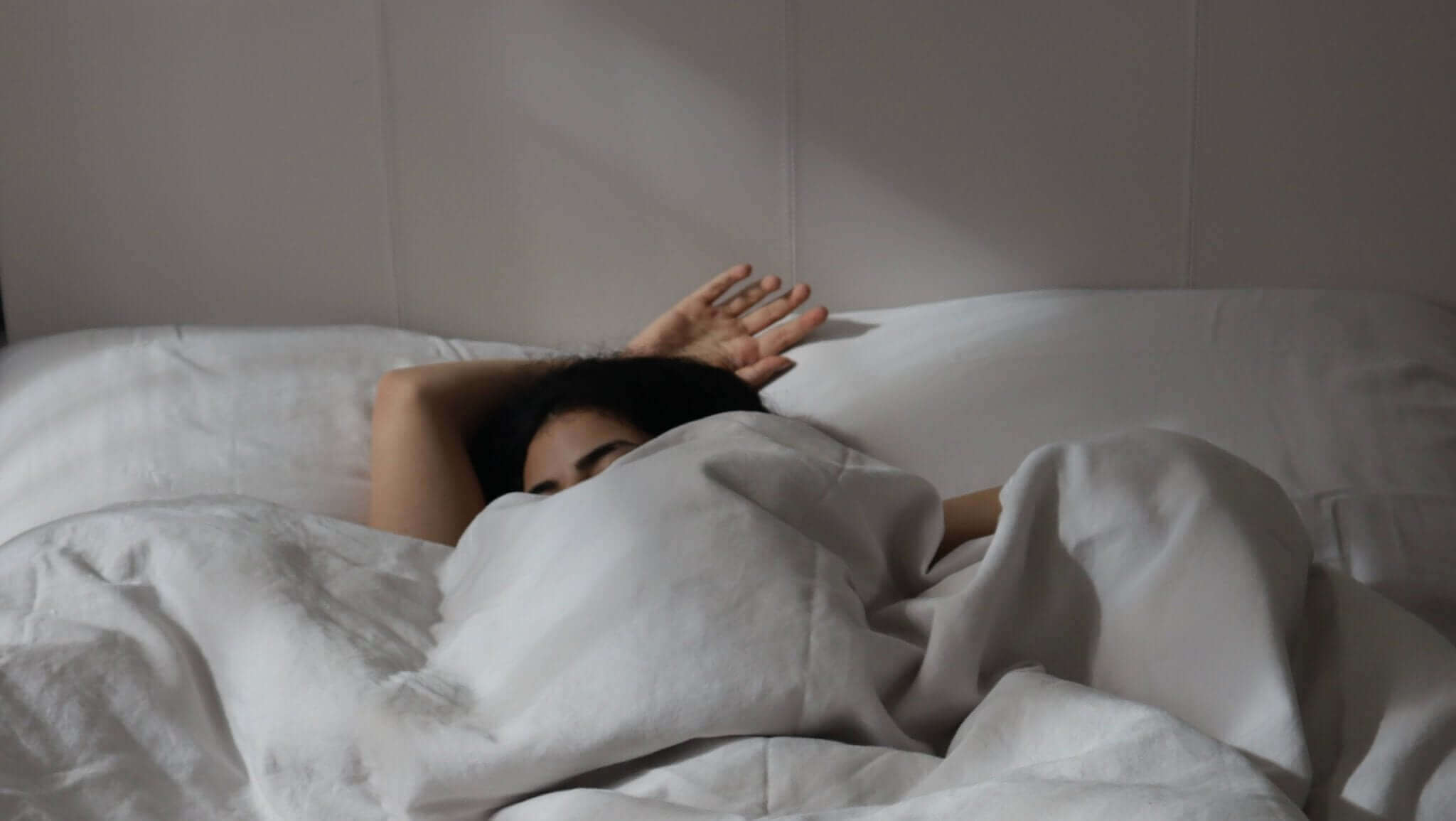
Share:
How to Choose The Right Bedding